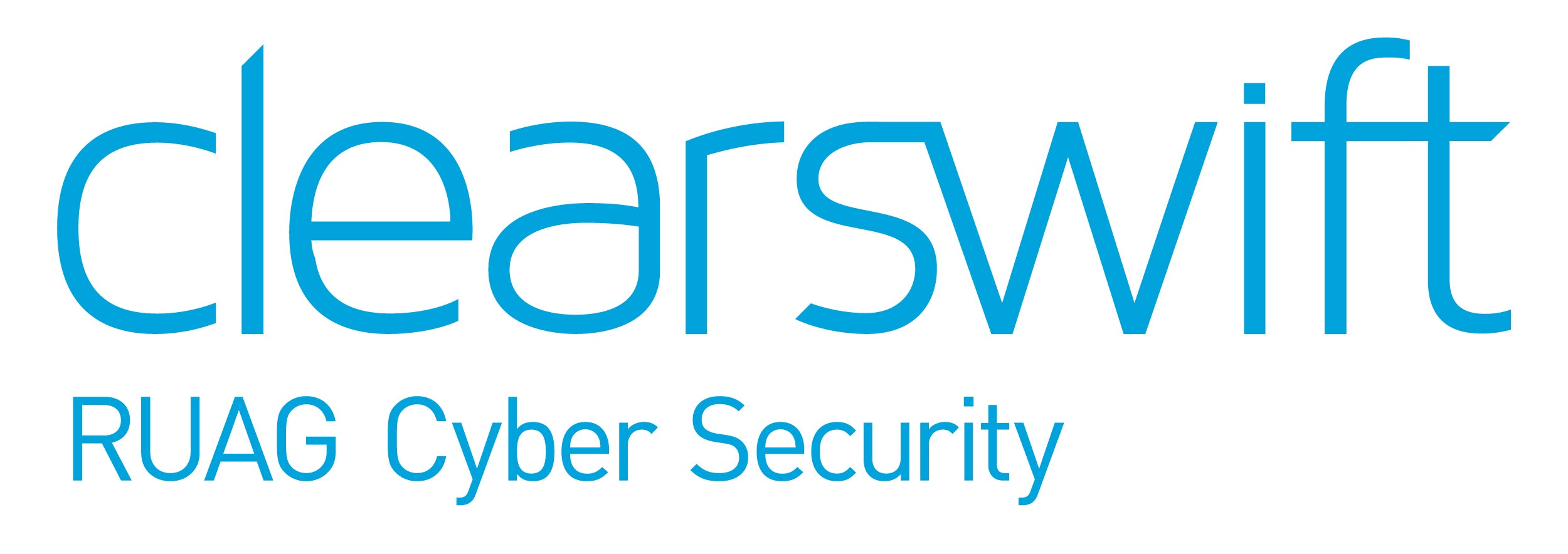
Plummeting costs and technological breakthroughs led to the International Energy Agency’s autumn prediction that offshore wind generation could grow as much as 15-fold in the next 20 years. The March 2019 offshore wind sector deal included a pledge to increase the share of electricity from offshore wind to nearly a third by 2030.
Work in this industry has produced a mix of technological improvements and economies, achieved by scaling production – which, in turn, has resulted in improved investor confidence and a reduction in the cost of capital. The Contracts for Difference (CfD) strike price is now at around £40 per MWh.
We have come a long way, but commitment to, and investment in, offshore wind needs to be sustained. It must continue into the long term in order to truly translate into the next energy revolution. Nothing should fall through the cracks if today’s successes in driving down manufacturing costs are to be built upon. Industry, supply chain, utilities, and stakeholder priorities must all be taken into account.
The University of Manchester is at the heart of the booming offshore wind energy sector. Our academics are helping find solutions to big system challenges and are coordinating input from across departments to ensure each solution is considered from all angles.
Our computer models – enabling electricity network operators to learn how to control the energy generated by large-scale windfarms – have played a vital role in bringing down the upfront costs of setting up an offshore windfarm. Our role as a key partner in the University of Plymouth-led, Engineering and Physical Sciences Research Council-funded Supergen Offshore Renewable Energy (ORE) Hub enables us to continue developing integrated modelling and underpin understanding in order to deliver such tangible benefits.
While the cost of key elements in wind energy, such as turbines, has fallen, operations and maintenance remain a significant outlay for the sector. Stepping up to solve these challenges is Holistic Operation and Maintenance for Energy (HOME) Offshore.
This Manchester-led partnership between five UK universities, funded by the EPSRC, brings together some of the leading minds in next-generation energy to investigate how big data, robotics, artificial intelligence, and virtual reality can improve offshore windfarm monitoring and maintenance. The university’s Thomas Ashton Institute is also involved in looking at the risks presented to the offshore wind turbine workforce and evaluating the technological solutions to help improve health and safety.
Key to pushing offshore wind to greater heights, both figuratively and literally, are the materials that will allow for bigger offshore turbines to be built with improved longevity and reliability. The Henry Royce Institute, based at Manchester, is the UK’s national institute for advanced materials and home to some of Europe’s best X-ray imaging facilities. Researchers there are conducting pioneering work on the imaging of wind turbine composites to help ensure bigger, more effective wind turbines can be safely introduced. Materials research can also play a key role, not just in the enhancement of established turbines, but also in the development of innovative step changes for the wind power fleet of the future.
A key challenge for is the development of larger-scale energy storage systems that could balance demand and supply over a period of days as opposed to minutes. We are pushing advancements in energy storage and batteries, which grow in importance in line with more renewable generation, and our research covers network resilience and effective grid connection.
Manchester benefits from expertise across many and varied disciplines. We can experiment in applying the learning and techniques from one area, such as condition modelling for marine energy, to another, such as using this technology for offshore windfarms. We are also upskilling the workforce who will be responsible for applying the technologies our academics are working on today when they join the industry tomorrow.
Ian Cotton is professor of high-voltage technology at The University of Manchester.
Case study: how graphene innovation could give the UK economy a positive charge
Manchester has a diverse portfolio of energy storage technologies that use graphene and other next-generation 2D materials, known as graphenes. We lead research from initial concept through to working prototype across a science supply chain that includes a world-leading research community based across our campus; proof of feasibility in our specialist research-led National Graphene Institute; then through to scale-up in the application-focused Graphene Engineering Innovation Centre (GEIC).
The GEIC is home to experienced innovation experts working on how best to incorporate graphene into batteries and similar energy storage devices. We realise that not all graphenes were created equal. However, by combining our knowledge of these new ultra-thin materials with our formulation and engineering experience we are confident of replicating many of the performance gains that have been heralded by academic research.
Put simply, graphene integration into batteries and related devices is not a plug and play. More industry-focused development is required to achieve the breakthroughs needed to deliver the long-anticipated revolution in energy storage technology.
An example of Manchester’s lab-to-market approach is First Graphene Ltd – one of our commercial partners which has recently signed an exclusive worldwide licensing agreement with the university to develop a graphene-hybrid material for use in supercapacitors. These powerful new-generation energy storage devices can be used in applications ranging from electric
cars to elevators and cranes.
For more about our advanced materials research, please visit: manchester.ac.uk/advanced-materials-research
Dr Craig Dawson is graphene applications manager at The University of Manchester.



